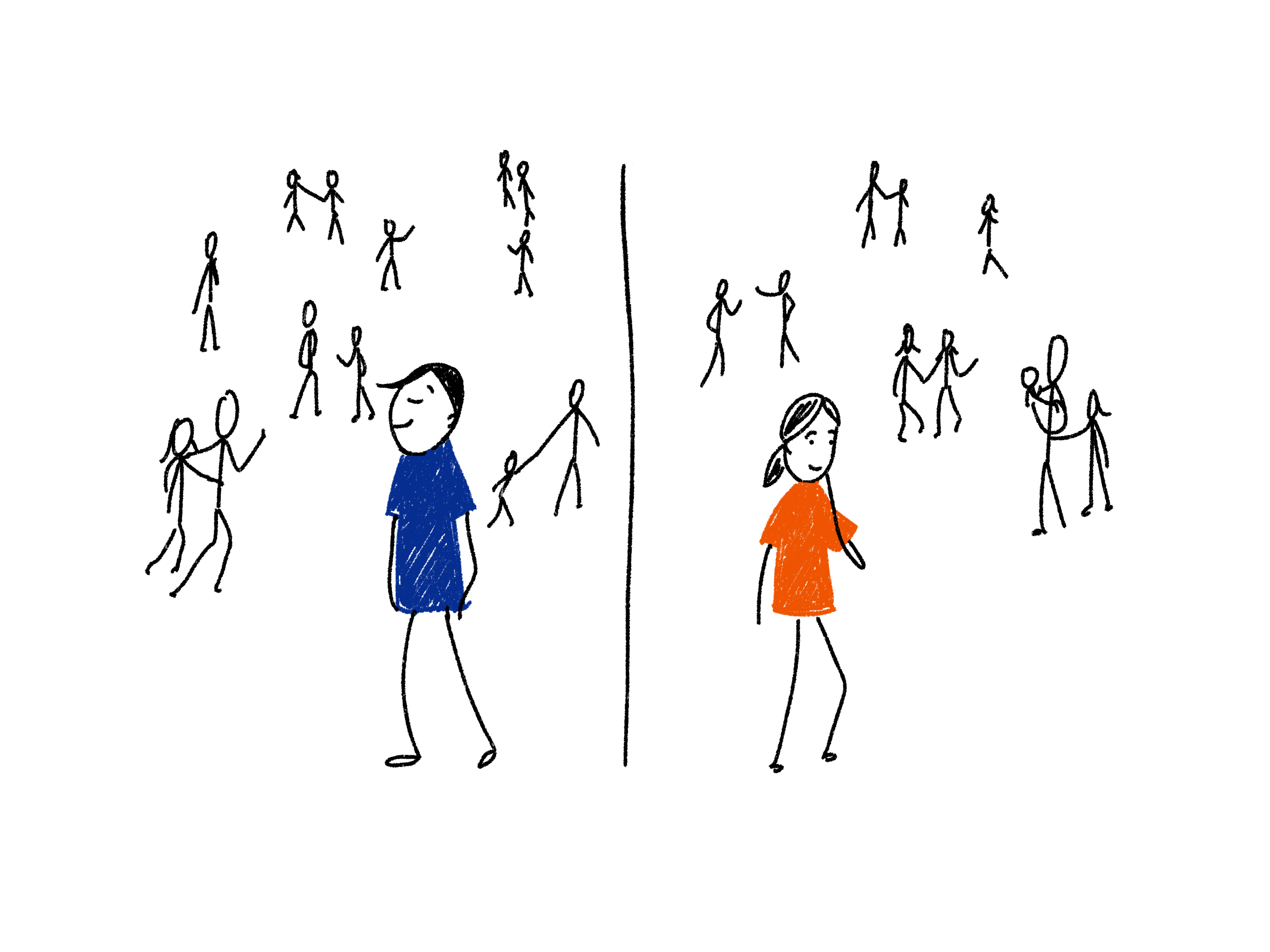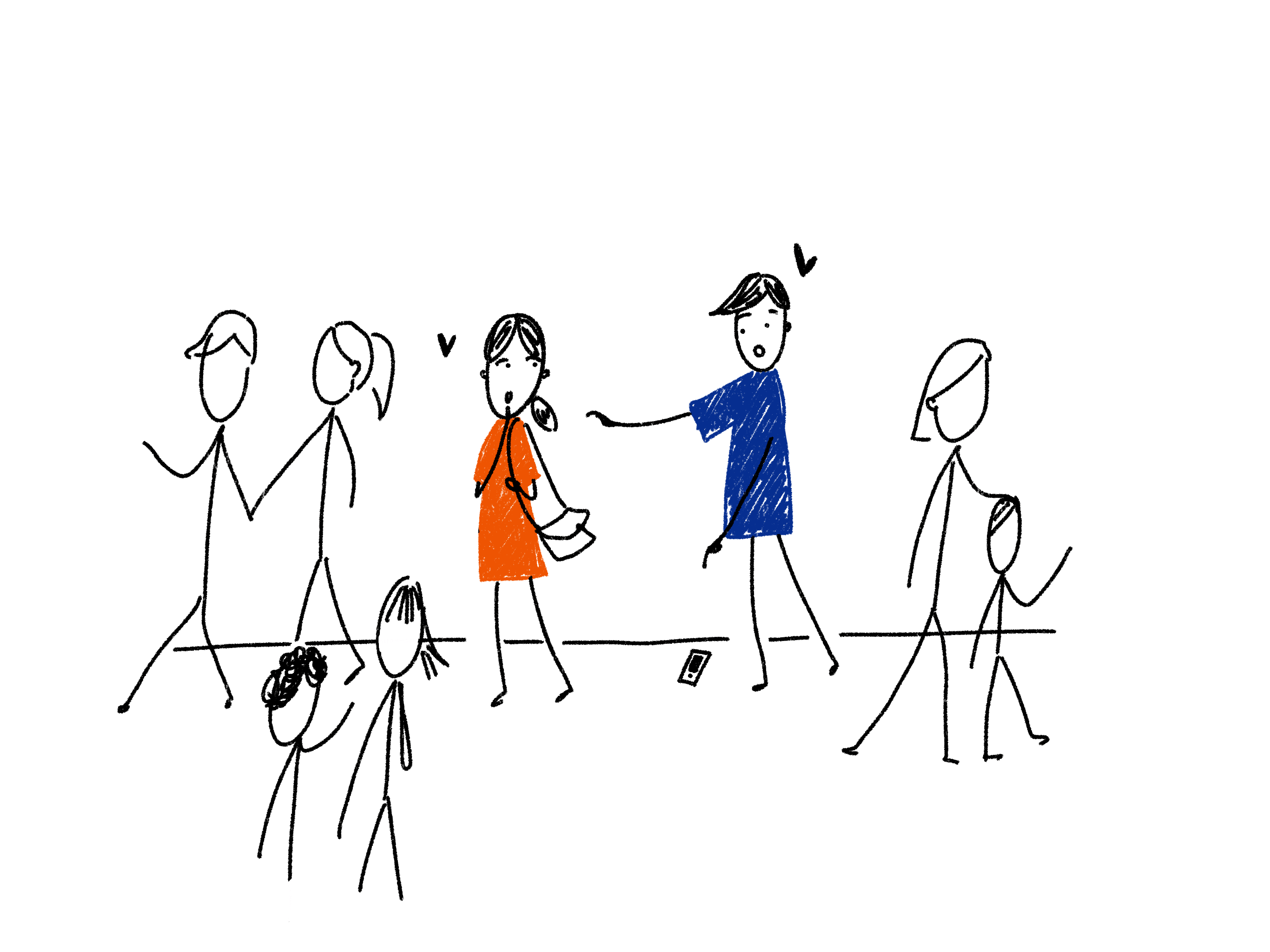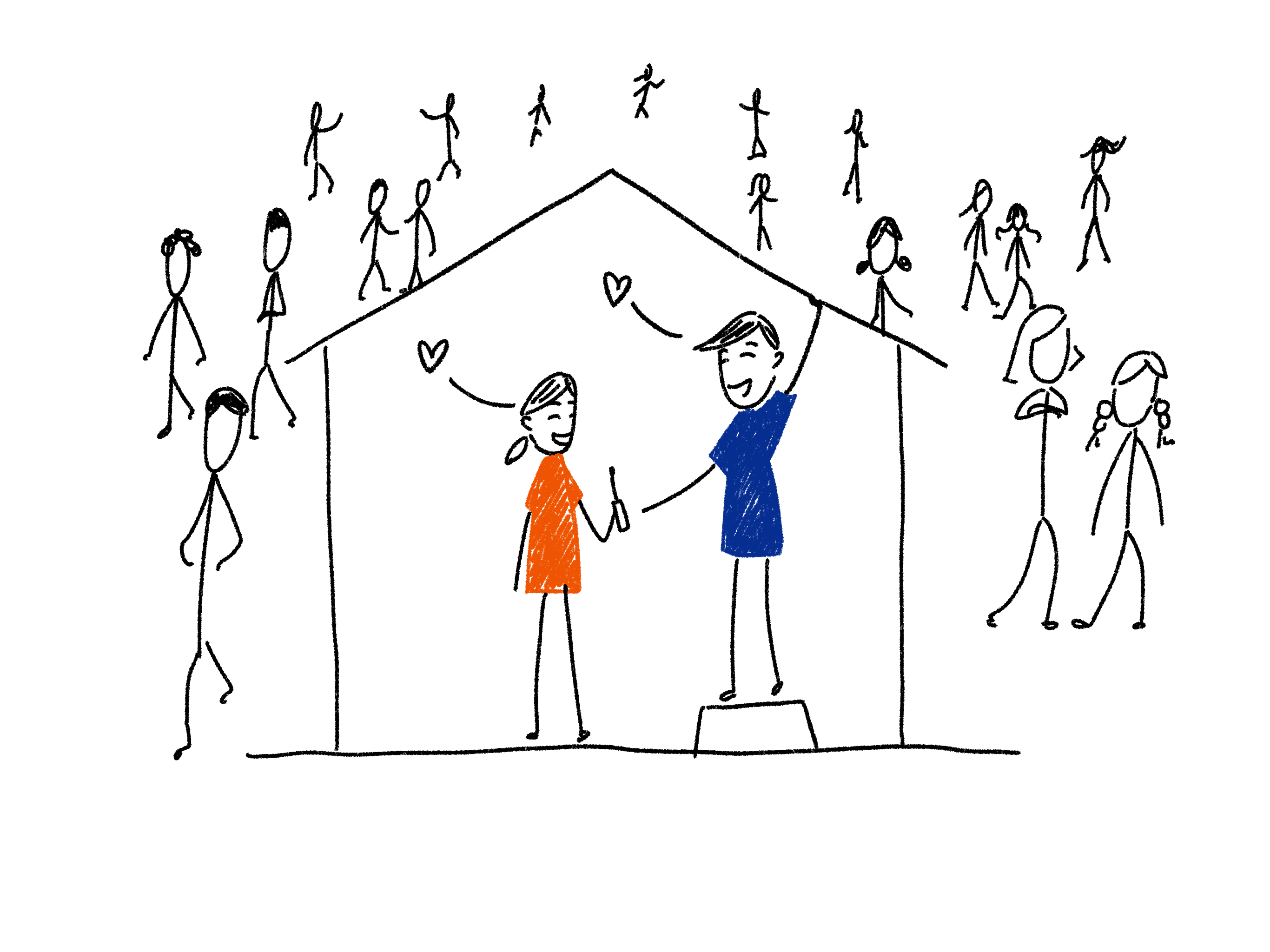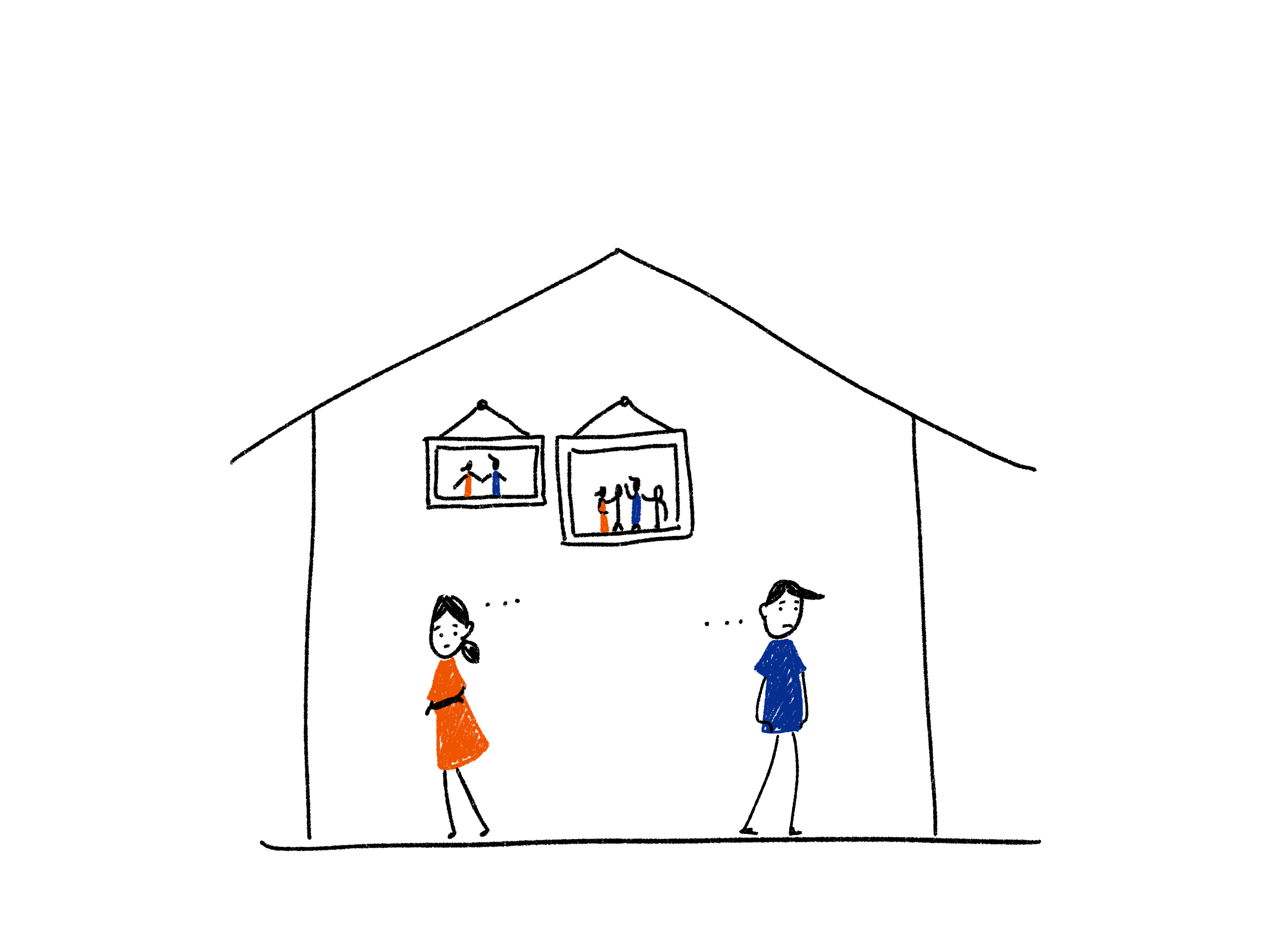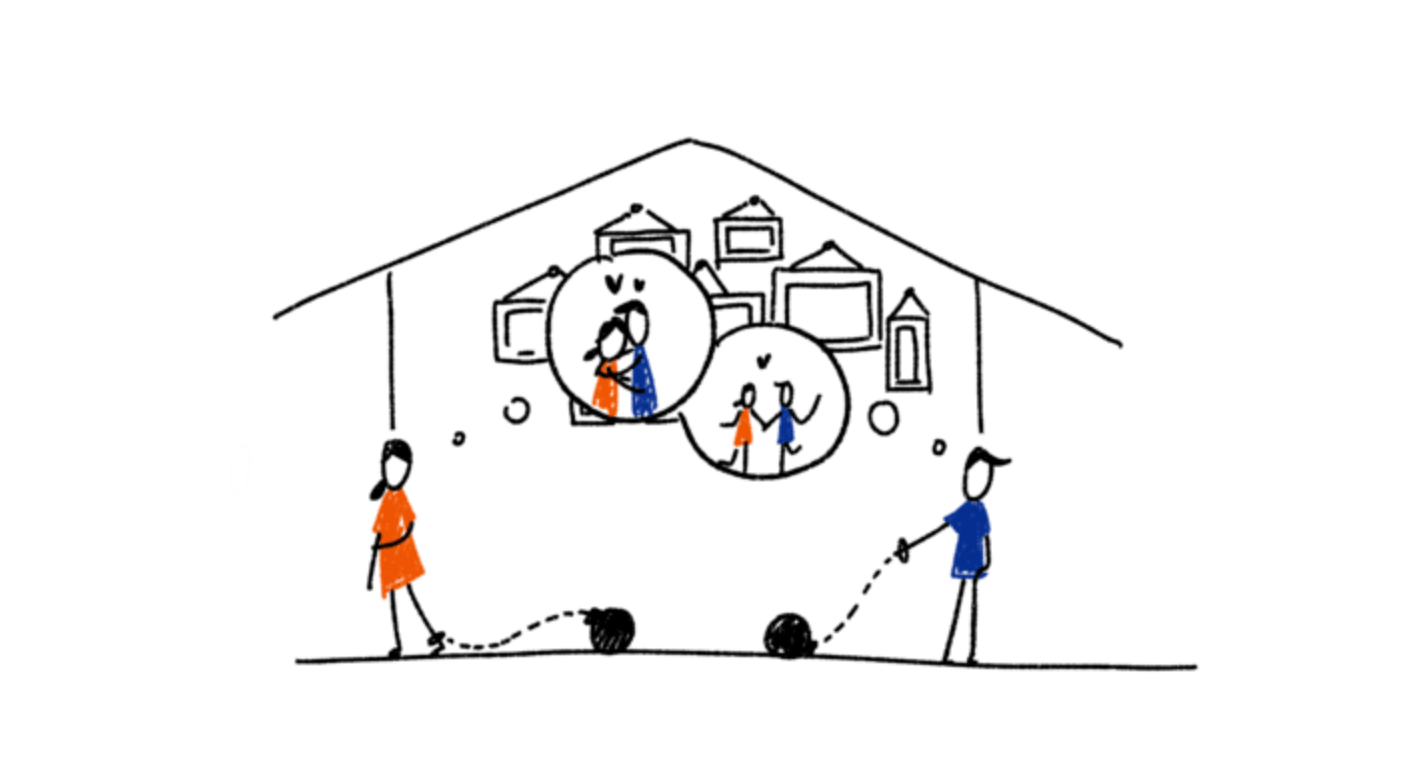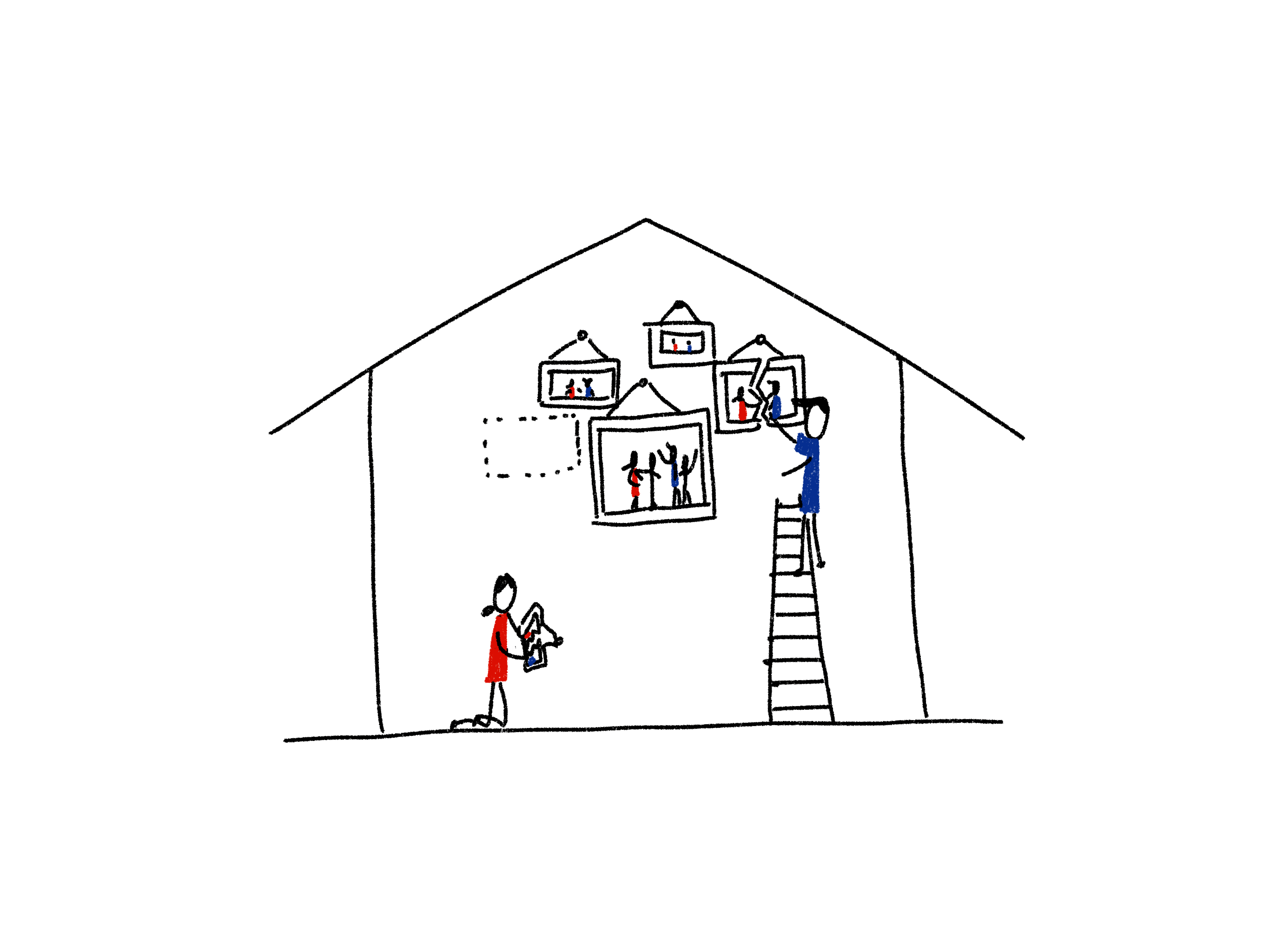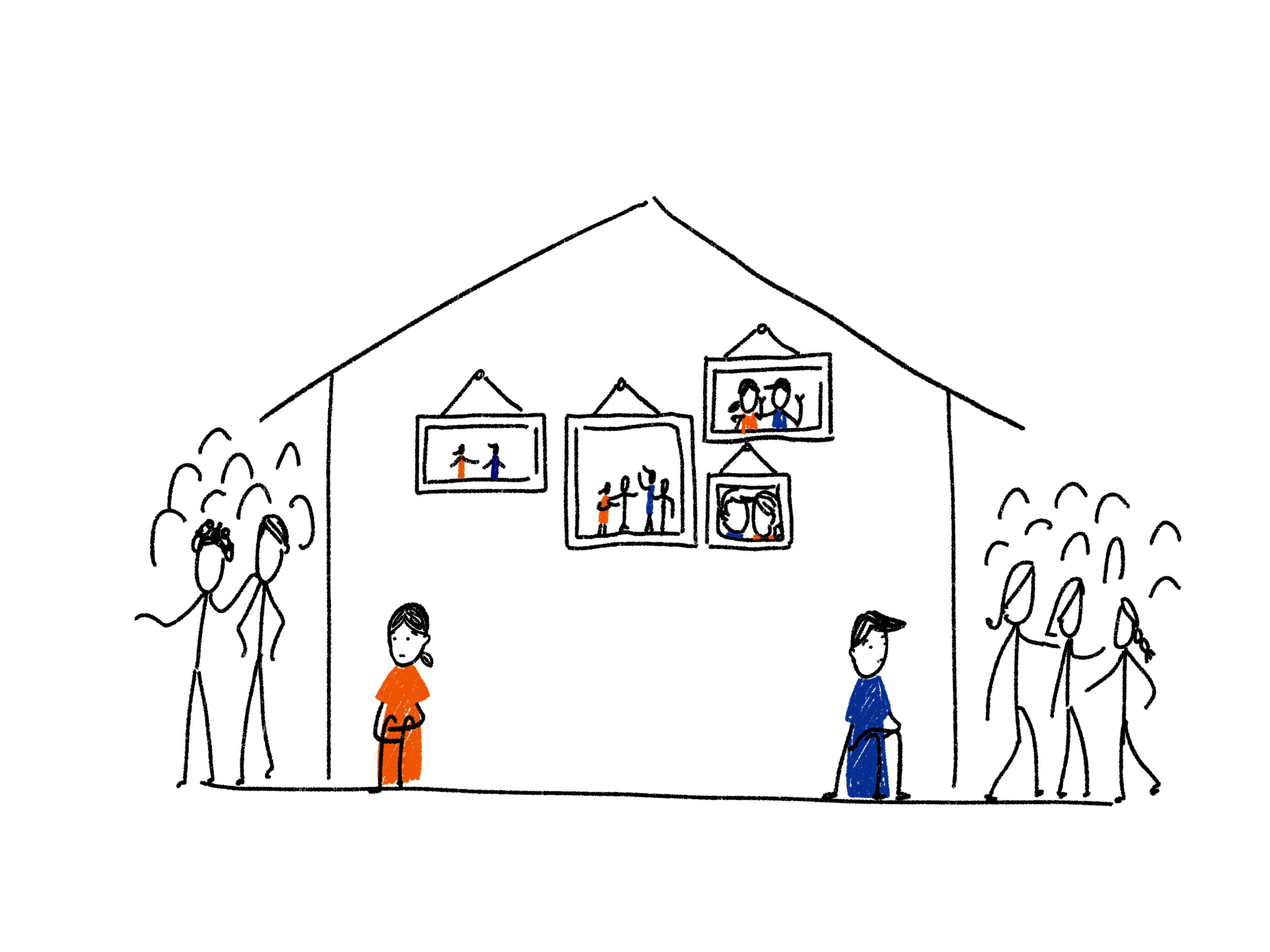Dating in today’s society is difficult. It’s like navigating a mine field. Once people finally find someone they can settle down with, they want that relationship to last. Even if it means settling when they feel unhappy in the relationship, have to tolerate discomfort in the relationship, and convincing themselves that the relationship will be better some day.
No one wants to be sad for sure. But why so many people choose to stay in an unhappy relationship even though they find it unfulfilling?
Think about life before anyone entering a relationship. They were going along, relatively happy, free and doing their own thing.
Then they met and possibly fell in love with their partner. And things changed.
It was great at first. They started to build their own box, forming a close bonding.
But then things began to shift because of different reasons. People will endure sadness, depression and live a life that is unfulfilled because it’s convenient and they are afraid to leave their comfy and cozy little box.
They will rationalize staying for a variety of reasons. Maybe they have kids together or have lots of shared memories. Maybe they have been together for many years and have invested a lot in building the box. They just don’t want to waste everything they’ve built.
They may think that they can still make the relationship better. They look at everything in the box and though they see the massive room for improvement, they want to fix those issues. They believe that love is tough and it needs to be hard in order to work. Or, they feel that they just haven’t tried hard enough.
Humans are creatures of habit. Once you find something that works and that makes you feel comfortable, you fight to keep it. For most people it’s just easier to stay. That’s the default. The box is safe and familiar.
The Problem with the Box
The problem with the box is that it blocks people from being aware of what happens inside and outside their relationship.
While some of the reasons such as having kids together are legitimate to stay in a relationship, people need to do a deeper assessment to determine the true reasons for wanting to stay.
If people only think about the effort spent on building this box, all the memories, emotions and things shared throughout the time and hate to let all of that go; they are sacrificing their opportunities to be happier. This is actually a sunk cost bias. It means when people have spent a lot of effort on something, they won’t stop investing in it even if it’s going wrong. They don’t want to waste the previous investment but this has blocked them from exploring and investing in better opportunities.
Many have also misunderstood the term “hard work”. No one should work like a slave to make a relationship work. Engaging in the constant struggle only brings the worst out of both people. These struggles won’t make a relationship healthy and loving.
People might ask “but how’d you know if you never tried? Maybe when I try harder, things will be different.” No one would ever know the future. As humans, we’re hard-wired to want to know the unknowns. Anything that has not yet been completed will leave us wonder how it will become. It’s our nature to wonder, but everyone has the power not to be led by their curiosity when deciding what’s best for themselves. Besides, you would never know you wouldn’t be happier if you never got out of the unhappy relationship.
How to Get Out of the Box
The first and most important thing to do when contemplating ending the relationship is talk with your partner. Regardless how they feel and what you ultimately choose to do, your partner deserves to know upfront that you are happy and are contemplating ending the relationship. Having this type of crucial conversation is not fun or easy. But it is the right thing to do for both yourself and your partner. Honesty is always the best option in the end.
Press Pause
Sometimes, easing out of a relationship is easier than just ripping the band-aid off. So after initiating that difficult conversation, both of you may need to take a break from each other. It could be the best way to give you both space to breathe and really evaluate the relationship.
Taking a break is not a license to cheat. Nor is it an opportunity for you to see if there is someone out there better than what you have. The break is about self-reflection and self-evaluation. It’s a trip you have to take alone. If, per chance, you do find someone else during your time apart, break things off with your partner immediately. You always want to act with integrity.
Set a time limit for how long the break will last. Once the predetermined amount of time has passed, be sure to come together and discuss next steps. You never want to leave the relationship or your partner in limbo. You, the relationship and your partner need closure.
Talk the Difficult Talk
When the break is over, gather again to talk about your thoughts about the relationship. If you have decided to end the relationship, don’t establish false expectations in any way. Be clear about your intentions and your desire to end the relationship amicably. Don’t make your partner think that if he or she changes something that the relationship will continue.
Don’t blame them for the relationship ending. Just let them know that you are unhappy in this relationship but not because of anything he or she has done. It isn’t a good fit. Be lovingly firm in your explanation.
Stay Because of Love, Not Fear
Deciding to end a relationship is never really easy— especially if you care for the other person.
If you want a genuinely happy, healthy and fulfilling relationship, you have to be willing to take some risks. Staying in a relationship out of fear, guilt or for any other reason except genuine and true affection for the other person is damaging to you, your partner and the relationship.
If you truly love your partner, have the courage to stay. If not, have the courage to leave.

